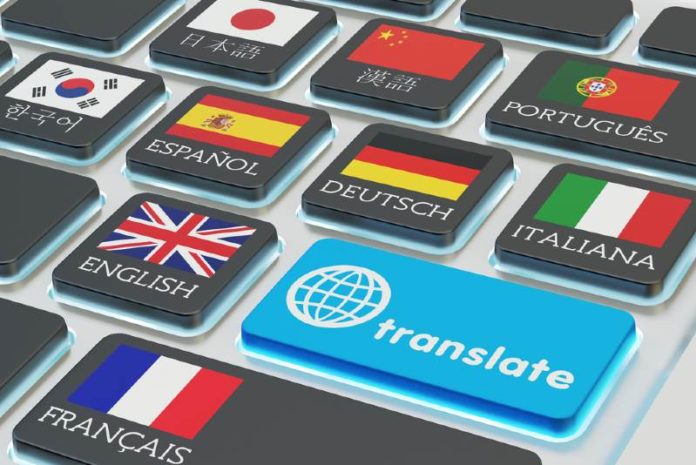One of the best ways to instantly increase your customer base is to expand into another market. Expanding internationally opens you up to brand new demographics and can greatly multiply the number of potential customers you can sell to. However, expanding internationally brings a whole host of new challenges with it. The most obvious challenge is the language barrier, and right behind that is the cultural barrier. Luckily, translation services can help you overcome these barriers efficiently. There are many kinds of translation services that can help you expand globally, from marketing translation services to business translation services. Let’s take a closer look at some of the most useful when it comes to giving your start-up the best chance of success.
Types of translation services for your international business marketing
It’s important to consider how to get your international business marketing strategy right first time. A poor international business strategy that fails to understand a local market can mean wasted time and lost money. As a language service provider, Tomedes always stresses the importance of a strategic approach to expansion when working with business clients. Other companies that provide translation services, such as Day Translations or GTS Translation Services, will also help you make sure the core message of your marketing strategy stays the same, while taking cultural sensitivities into account.
A survey reported that 74% of finance executives feel that maintaining control over international activities is difficult. However, translation services can help you maintain that control.
There are several types of translation services to keep in mind while you look to expand globally:
- Technical translation: handles technical documents like user instructions or technical manuals
- Business translation: this general translation services category covers any documents in a business, typically including internal communications, presentations, financial reports, memos, emails and letters
- Medical translation: this type handles anything in the medical field, like patient instructions, medical studies or patient charts, so is useful for medical businesses
- Marketing translation: these services handle anything to do with marketing, like ads, brochures, flyers, catalogues or even social media translation (part particular attention to social media in your strategy, as it can make or break a brand in the current age)
- Legal translation: covers legal documents like contracts and lawsuit translations
Typically, a well-reputed translation services provider will deliver all of these specialisms and more. Having access to a range of expertise is important when it comes to expanding your business globally.
Working with Marketing Translation Services
Even domestically, a business’ success hinges on a great marketing strategy. Good marketing connects you with relevant demographics and entices consumers to engage with your brand (and ultimately to buy). Overseas, a good marketing message translation can connect the product to certain market preferences, as well as raising the profile of the brand with the local culture.
A core component of a solid international marketing strategy is localization. Localization is the part of the process that fits a message or product into the new culture, including:
- Changing graphics and layout to fit into the new culture or with the new language
- Updating formats like measurement units, phone numbers, currency symbols and addresses
- Making sure the content meets market regulations such as privacy laws
- Keeping the core message and tone in mind while adjusting the message to not offend a local culture
As you can see, localization plays an important part in making sure an international business strategy lands with the local culture in a positive way. Without localization, an ad could inadvertently offend a local market. People could be driven away from an e-commerce site because of a confusing layout with the new language. A product or website could even run into legal trouble because it didn’t take local data privacy rules into account. When looking for services, make sure to find one that focuses on localization as well as translation.
How to Find and Vet Services
Many people either ask around their professional network or do a search online for translation services. For instance, you might search by language to find the services you need, using terms like Spanish translation services, English translation services or services from English to Chinese.
Once you find a few services that look respectable, vet their background. Check previous work portfolios or look at client testimonials. See how the translators are trained or what sort of background they have. Translators should have some sort of experience in the type of translation they are doing, either through a degree program, work experience or on-the-job training.
You might also consider preparing a list of questions for the service, like:
- How much does it cost to translate a document? (The answer will depend on the language pairing and any specialism required.)
- How long does it take to translate? (This will depend on the language, specialism and the speed at which the particular translator works.)
- How do you ensure you are meeting industry standards and accuracy in your translations? (Focus this on the specific market you are targeting.)
- How do you keep projects on schedule and to a deadline? (For instance, by using organisational software/tools or project managers.)
By vetting your agency thoroughly and working to a robust marketing strategy, you can give your start-up the best chance of succeeding internationally.
Ofer Tirosh is CEO of Tomedes, a global translation company specialising in marketing and social media translation.
Languages stock photo by cybrain/Shutterstock







